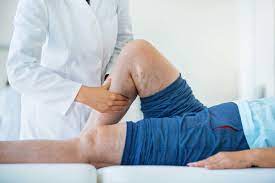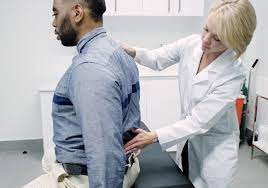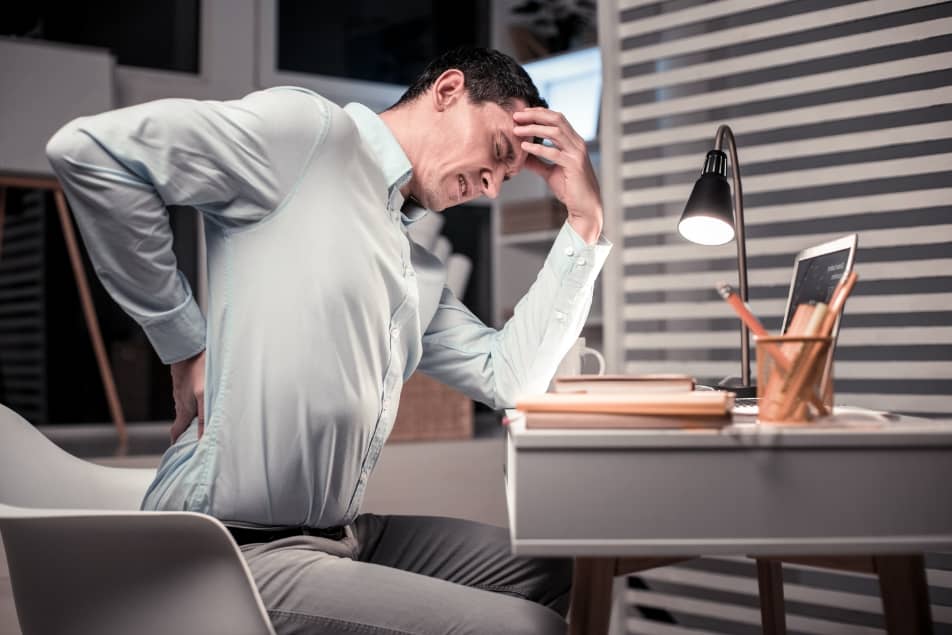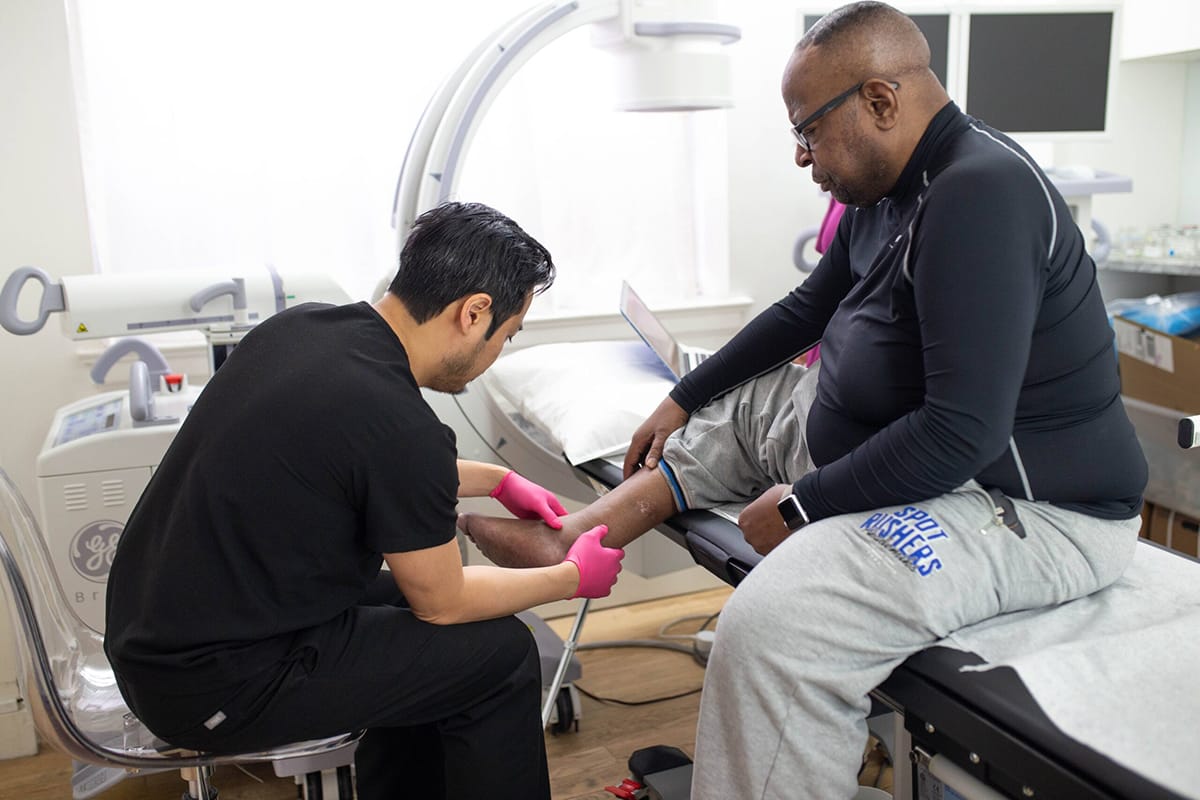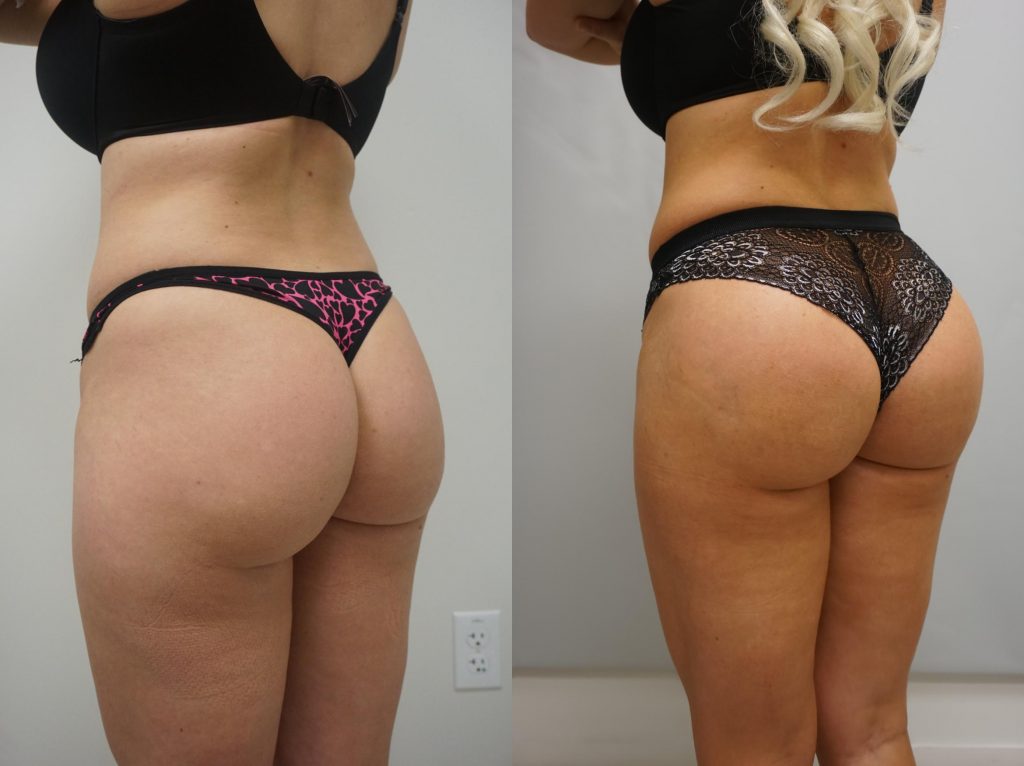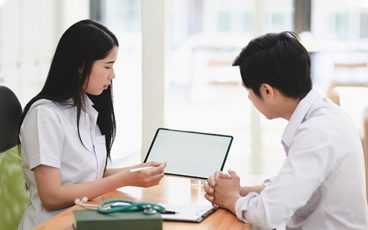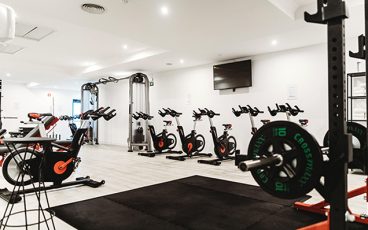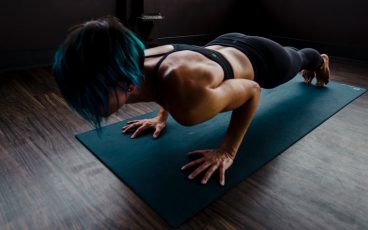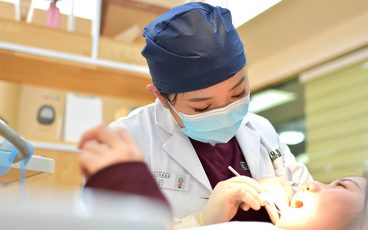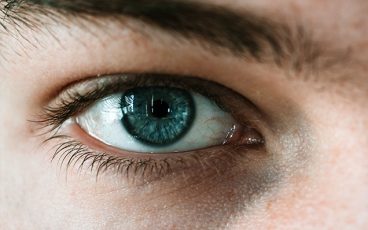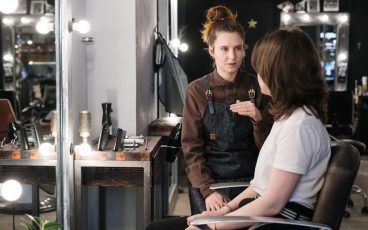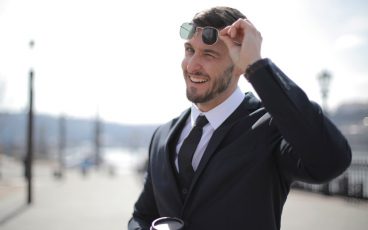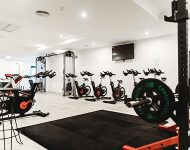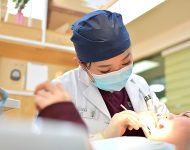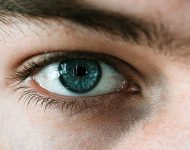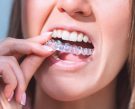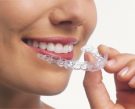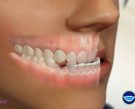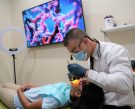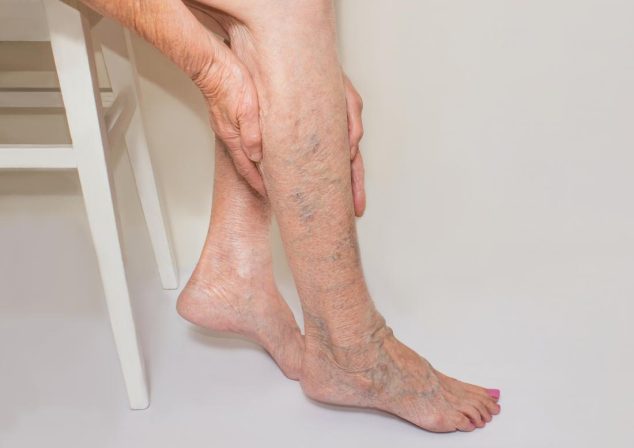
Varicose veins, which can be an irritating and occasionally painful condition, can affect people of all ages. However, you might inquire as to whether there are any special considerations based on your age when treating varicose veins and what are the treatment options for varicose veins.
What Part Does Age Play In Varicose Veins?
People Between The Ages Of 20 And 40
Varicose veins can appear in younger persons, particularly if there is a genetic connection to the condition. The focus of treatment options for this age range is typically on alleviating symptoms, aesthetic enhancement, and postponing the disease’s progression. Compression stockings, lifestyle modifications (including exercising and managing your weight), and avoiding excessive sitting or standing can all be helpful non-surgical options. If the veins create considerable discomfort or cosmetic problems, minimally invasive techniques like sclerotherapy could be suggested in some instances.
Adults Of Middle Age (50s To 60s)
The likelihood of getting varicose veins appears to rise with age. The focus of treatment for middle-aged adults may change to target underlying venous issues better effectively. More procedures like radiofrequency ablation (RFA) and endovenous laser ablation (EVLA) are being performed. By sealing the damaged veins and rerouting blood flow to healthier veins, these procedures can offer longer-lasting relief. To enhance general vascular health and lower the likelihood of problems, a vascular specialist may advise these procedures.
Elderly Adults (Over 70)
Treatment for varicose veins in older adults frequently focuses on symptom management and comfort enhancement. It used to be normal practice to perform traditional surgical vein stripping, which entails removing the damaged veins. Less invasive techniques. however, have gained popularity recently because older patients are now more at danger from surgery. Compression therapy, lifestyle modifications, and pain management strategies are a few non-invasive techniques that can be utilized to enhance the standard of life for elders with varicose veins.
Considering Pregnancy And Postpartum
Because of hormonal changes and extra strain on the veins, pregnancy can increase the chance of developing varicose veins. Patients who are pregnant may receive conservative treatment, such as using stockings with compression, elevating the legs, and maintaining an active lifestyle. A large number of varicose vein procedures, meanwhile, are frequently avoided during pregnancy since they could jeopardize the unborn child, so it’s vital to remember that. After giving birth, varicose veins can go away on themselves, but if they don’t, various treatment options may be looked into, especially for new moms who are unpleasant or experiencing issues.
In Conclusion
Age should be considered while determining the optimal varicose vein treatment plan, however, it is not the only one. Younger individuals may focus on symptom management and prevention, whereas middle-aged folks may research minimally invasive techniques to address underlying issues. Seniors may give non-invasive methods a higher priority in order to improve comfort and improve vascular health in general. What type of doctor treats varicose veins? Expectant moms’ treatment options are usually limited during pregnancy, although postpartum problems can be addressed if varicose veins persist.
To determine the most suitable plan of action considering each person’s particular needs and circumstances, a vascular professional should be consulted. Regardless of your age, relief from varicose veins and improved vascular health are still possible with the correct therapies.
0 Comments 593 Views
YOU MAY ALSO LIKE
share
About me
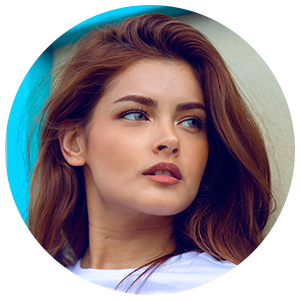
Health And Healthy Tips is Free health blog, If you wish to be part of this blog and want to conribute contents which are interesting for our readers, please contact us.
CATEGORY
- Beauty (19)
- BUSINESS (3)
- Dental Care (187)
- Eye Care (12)
- Fitness (23)
- Healthy Life (179)
- Men's (10)
- Women's (12)

